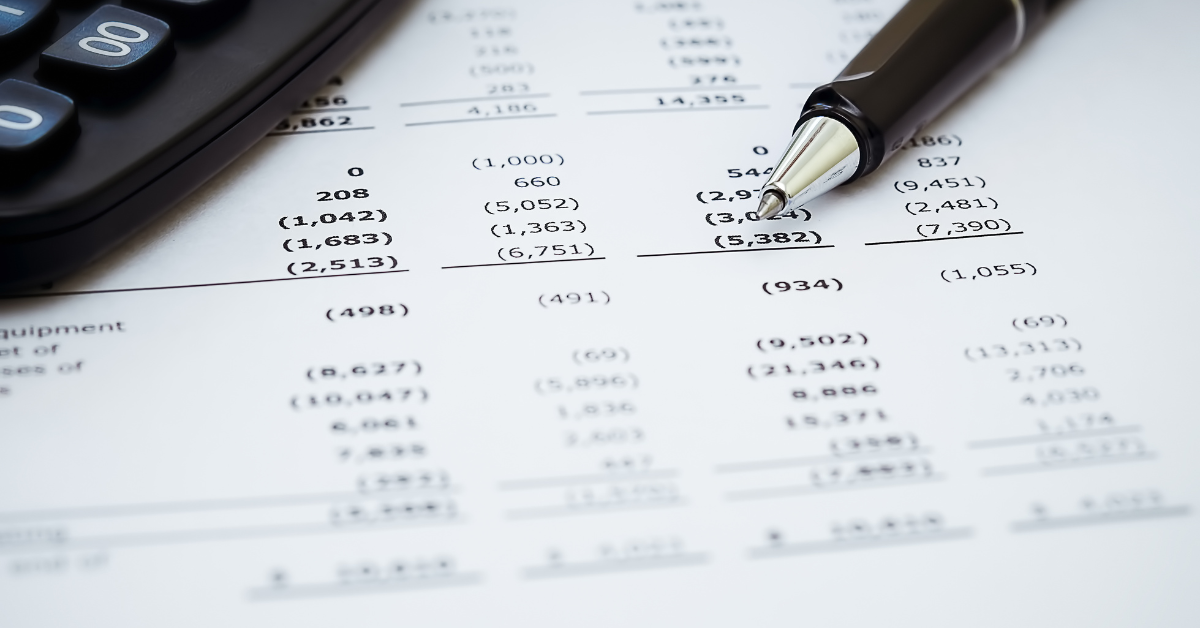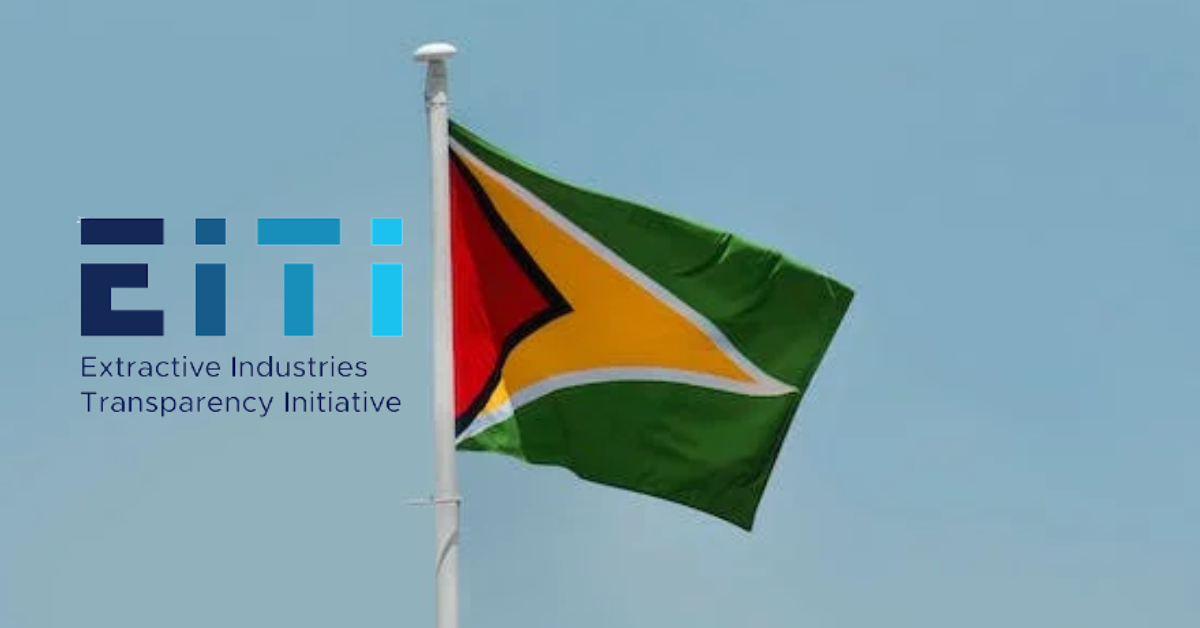The Canadian High Commissioner to Guyana, Mark Berman, is one of the featured speakers at the inaugural Energy Conference & Expo to be held in the oil-rich South American CARICOM nation from February 15th to 18th, 2022.
This is a pivotal opportunity for the Canadian ambassador to state Canada’s commitment to companies needing to pay taxes irrespective of where they do business and using this event as a platform to remind the companies that irrespective of jurisdiction they operate in, they need to be moving towards the climate goal of Net Zero.
And most importantly, Canada should uphold its reputation as a country that does not endorse or associate itself with corrupt practices.
In 2021, Canada signed a global minimum tax agreement with 135 other countries. The agreement is targeted at multinationals such as Exxon to ensure they pay a minimum of 15% tax. The ambassador should be aware that Exxon, the main partner in Stabroek Block that contains 10+ billion barrels of oil, signed a contract which excludes Exxon from paying taxes.
But the Government of Guyana, (GoG), writes a tax receipt for Exxon nonetheless. Most of the US$607 million that Guyana collected from the Stabroek Block since December 2019 is part of the 50/50 profit share. Given the paltry 2% royalty, we will assume the oil companies profit may be US$550 million.
If we apply the maximum tax rate of 40% for the three companies operating in the Stabroek Block, then that is potentially about US$220 million given by Guyana in tax receipts for taxes that were not paid.
The high commissioner should know that we the members of Oil & Gas Governance Network, which includes a number of Guyanese Canadians, have repeatedly requested that the GoG release these tax receipts that it promised without any results. The ambassador can hear the promise to release the receipts from the GoG in June, 2021 during a Pan American Development Foundation event (PADF) at this link. It should raise red flags for the ambassador when companies receive tax receipts for taxes that they did not pay.
The oil companies operating in the Stabroek Block have been flaring gas since they started pumping oil in December 2019, although the Environmental Permit they were issued did not allow flaring beyond the start-up period.
We estimate that Exxon and its partners have emitted about 491,000 tons of carbon dioxide (578 days x 850 tCO2e/day) via flaring. Given the ambassador once served as the Executive Director for Climate and Energy, he would know that we need all parties playing their part in achieving Net Zero emissions. Thus, having Western companies comply with proper environmental standards in their homeland but then turn around and break their commitments in other countries, that won’t get the world to Net Zero. We share one world. Guyana’s carbon dioxide emission problem is the world’s problem.
Finally, the High Commissioner must be aware one of the sponsors of the Energy Conference is a Canadian company named JHI. It should be noted that the Guyanese media and Canadian media have raised questions about suspicious activities involving JHI. Allegedly, JHI is a company that didn’t have any prior experience in oil and gas exploration, yet it was awarded a portion of the Canje oil block in 2015. It was noted in the media on June 3rd, 2019, that JHI failed to submit audited financial statements and beneficial owners’ information for the Extractive Industry Transparency Initiative, (EITI) review.
When the Canadian Broadcasting Corporation was investigating JHI for its “Crude Bargain” story, published on Dec 23rd, 2021, the JHI spokesperson was quoted as saying: “We’re a low-key company; we would appreciate it if you didn’t mention us at all.” But a few months later, this low-key company is a gold sponsor of a major oil event in Guyana.
Why is the Canadian high commissioner attending a conference where one of the sponsors is allegedlysuspected to be involved in corruption? Is it true Canada refused to have a Guyana presidential candidate come to Toronto because of suspicion of corruption? Hence, why is Canada attending an event sponsored by one of its companies that allegedly may have been involved in corruption?
The Canadian high commissioner should use the platform he is given at the Guyana Expo in mid-February to reinforce Canada’s commitment for global companies to pay taxes and that large oil and gas companies need to stop illegal flaring. The Exxon CEO is a featured speaker at the event thus it is a perfect opportunity for the ambassador to deliver a message that is heard by one of the oldest and largest oil companies in the world.
Additionally, the high commissioner should distance Canada from companies allegedly involved in suspicious activities such as JHI. The ambassador is well aware of his government’s involvement in the “SNC-Lavalin affair” and the damage in reputation that caused his government, thus, he wouldn’t want the Canadian press to be talking about a JHI affair.
This event is a golden opportunity for Canada to condemn corruption. But will it?










